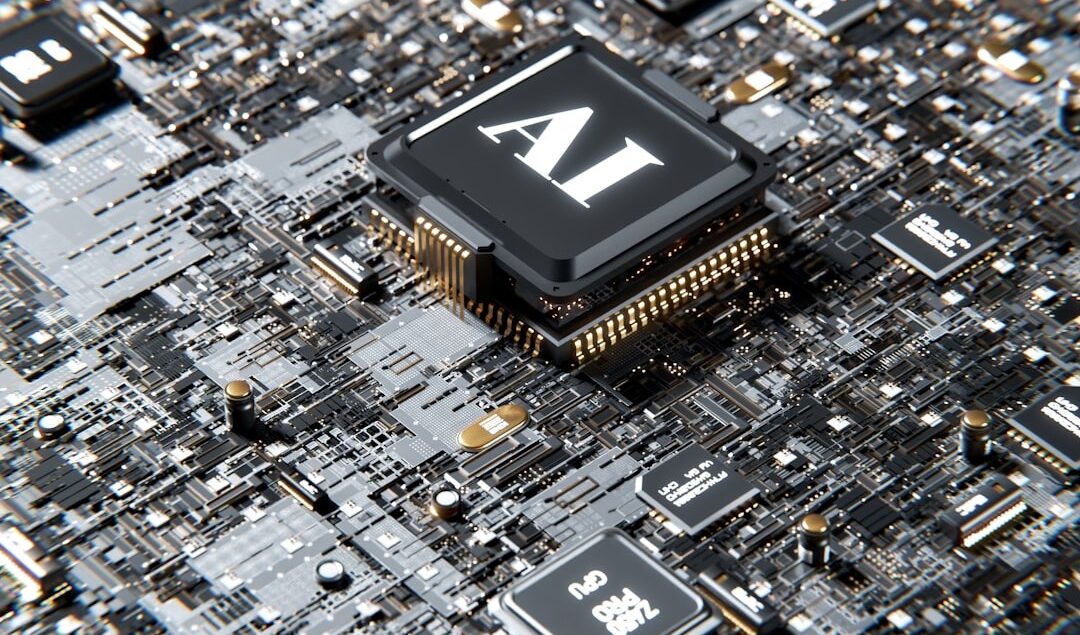AI: Promise and Peril
Artificial Intelligence and Missional Enterprise
“As new AI technologies open unprecedented opportunities for those leading enterprises to make disciples for Christ and bless their communities, they also bring potential dangers that require discernment, ensuring that these powerful tools are used to advance the mission while guarding against ethical and spiritual pitfalls.”
The preceding sentence was generated by ChatGPT when asked to write an introduction for an article on artificial intelligence (AI) and missional enterprise. The sentence demonstrates the potential blessings and concerns associated with the proliferation of new generative AI tools.
For one, ChatGPT’s response is a workable sentence, generated in just a few seconds, that adequately summarizes the issues in an introductory manner. On the other hand, the sentence is cumbersome and grammatically flawed.1
However, concerns about the use of AI go far beyond the need for improved responses. The quality of the results of AI models is improving every day. The greater concerns are related to how rapidly improving AI will affect and possibly replace humans.
In an article in Christianity Today titled “AI Will Shape Your Soul,” writer Kate Lucky points out how our Christian convictions require us to place limits on the roles of disembodied intelligences:
While an AI friend could give us a summer reading recommendation, an AI therapist can pass along a crisis hotline number, or an AI tutor might explain long division more effectively than many math teachers, relationships are about more than sharing facts. An AI chatbot can’t give us hugs, go for a walk, or share meals at our tables. For Christians who believe in a Word that became flesh (John 1:14), relating to AI means missing out on a key aspect of our human identity: embodiment.
As Christians, and especially as Christians leading enterprises in the modern marketplace, we have been given unique theological resources that are desperately needed in our society’s conversation about the use of AI. Author Andy Crouch addresses this opportunity in a recent episode of the “Good Faith” podcast, entitled “Spiritual Preparation for the AI Era”:
I think we should be asking, “What is it to be human?”And what do I want to “double down” on that I believe matters most for being human? And how do I adopt technology in the future that helps me be more human, not less, and insist on technology that helps me be more human, not less?
And if we don’t . . . form a point of view on that and act collectively on it, the vanguard who are acting primarily out of commercial and profit motives, not out of a comprehensive account of human flourishing, are going to decide how these technologies get deployed.
Crouch encourages users of new AI tools to act on this calling by seeking and adopting technologies that respect relationships instead of replacing relationships. He points out how, unlike previous technological advances, generative AI can be trained to give regard to the reality of human relationships.
AI . . . is now aware, in this kind of relatively rich way, of our relational and social constitution as human beings. And that means that the next generation of AI could be much better at knowing that you have a spouse and that’s she’s the most important person in the world to you.
The magnitude of the potential blessings and dangers of AI presents a unique challenge. As current or aspiring leaders of enterprises endeavoring to contribute to the social and spiritual flourishing of our neighbors, how can we benefit from the promises of AI while avoiding the pitfalls? Let’s commit to pray and think about these issues seriously in the months and years ahead.
Verse of the Week:
Let’s pray for discernment this week as we consider the use of new technologies. May God reveal to us how the motives of our hearts influence the way we adopt these tools, for good or for bad.
